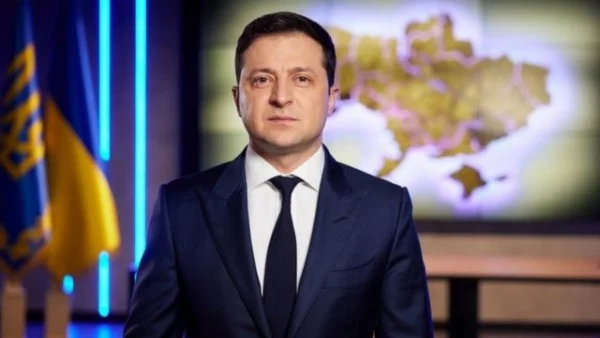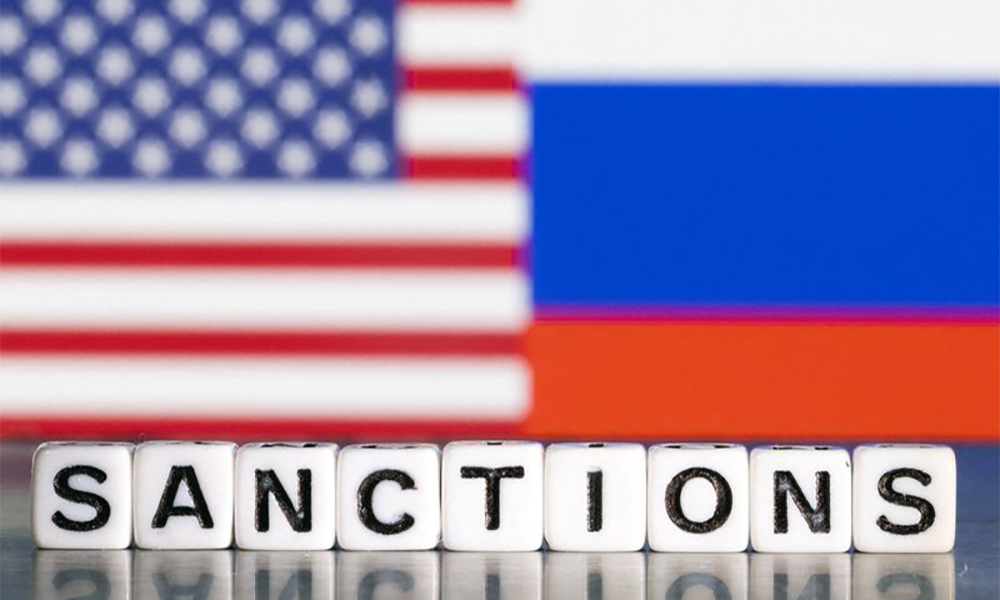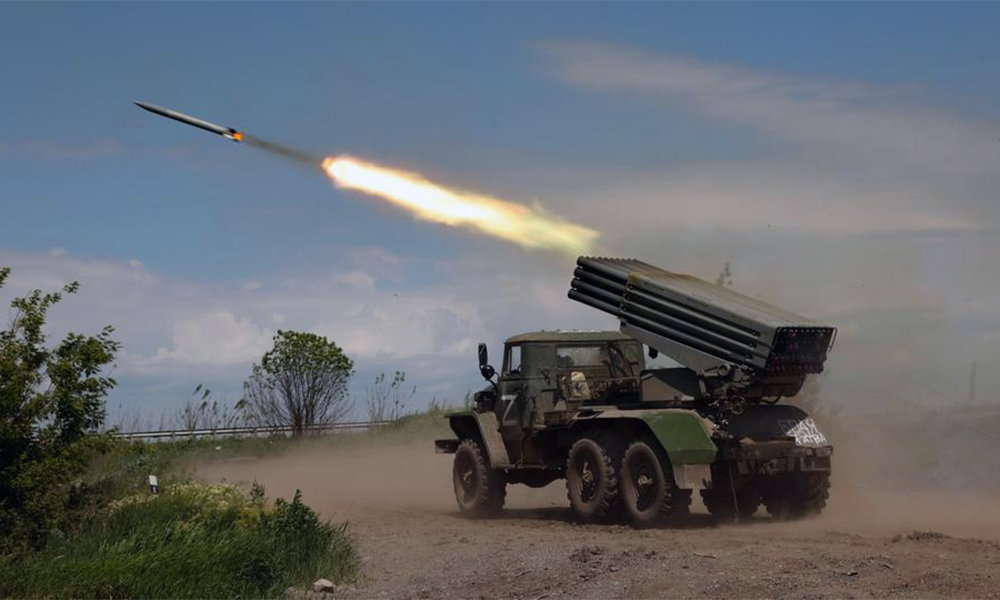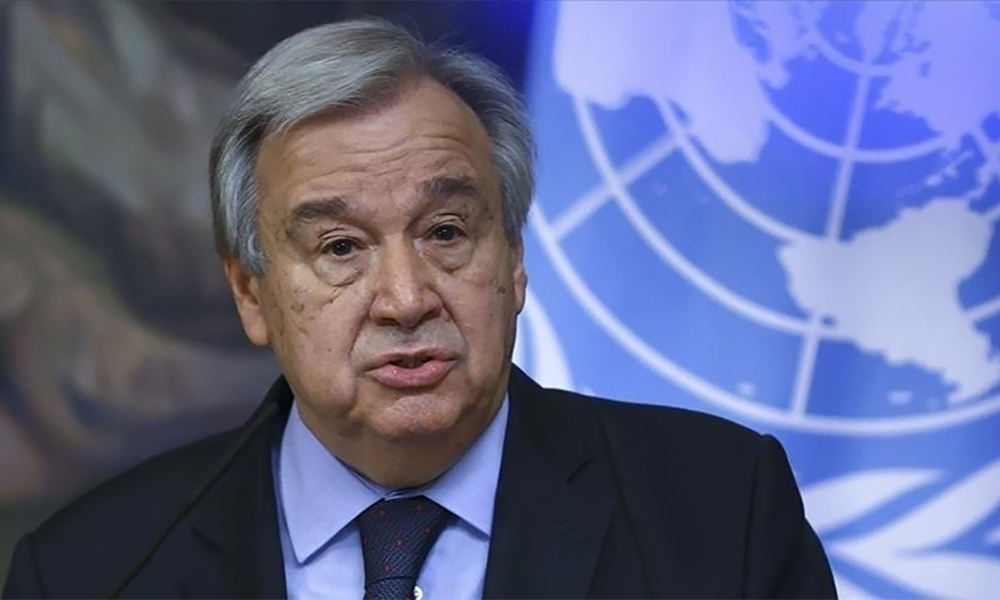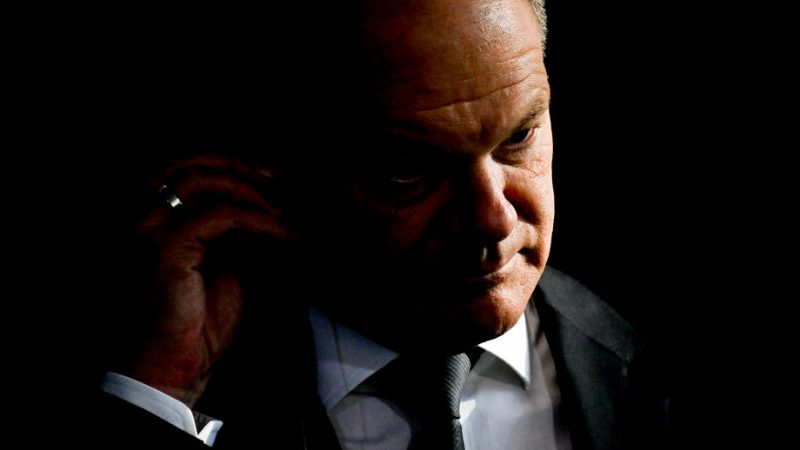La Russie dit avoir stoppé l’afflux de “mercenaires” étrangers en Ukraine
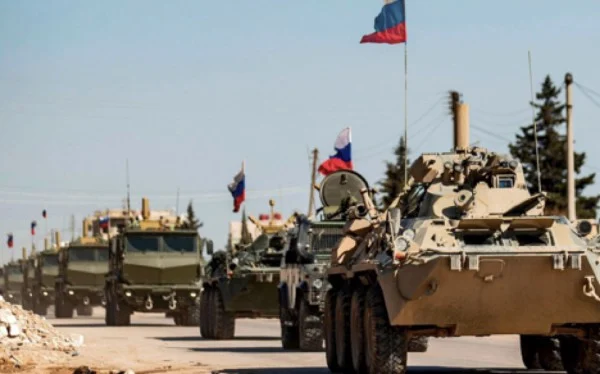
La Russie a affirmé jeudi avoir stoppé l’afflux de “mercenaires” étrangers voulant combattre aux côtés de l’armée de Kiev en Ukraine, à force de leur infliger de lourdes pertes ces dernières semaines.
“Depuis début mai, l’afflux de mercenaires étrangers en Ukraine voulant prendre part aux hostilités contre l’armée russe s’est pour ainsi dire tari”, a déclaré le porte-parole du ministère russe de la Défense, Igor Konachenkov.

